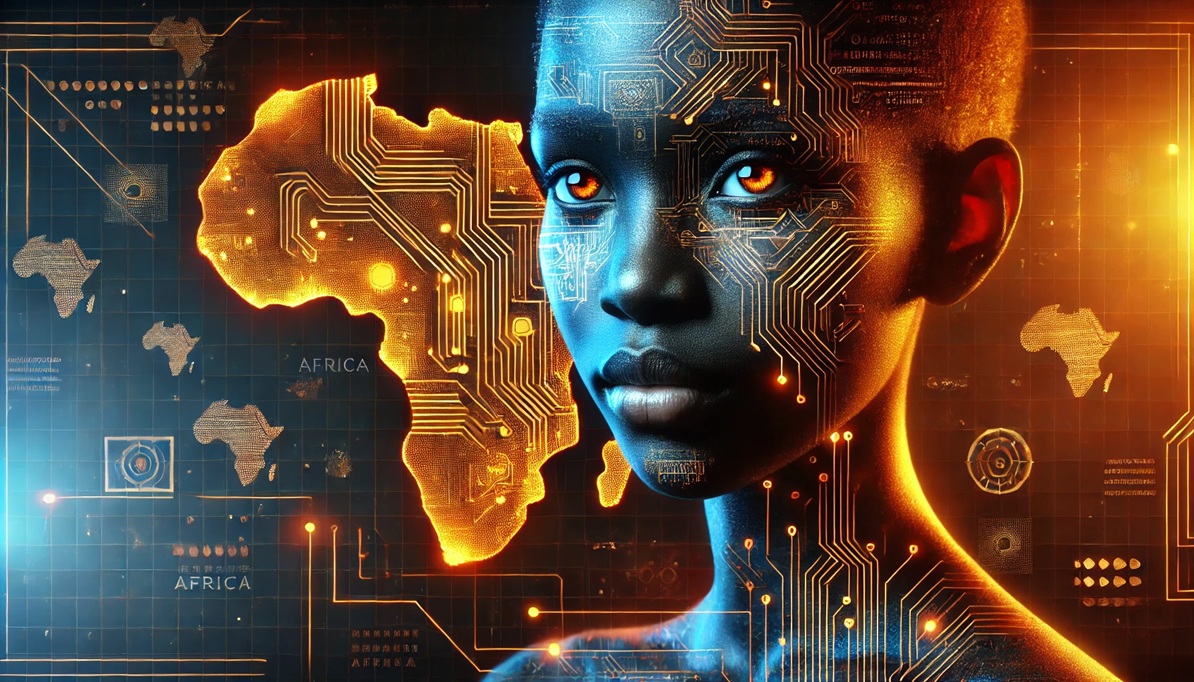San Francisco, CA – In a landmark move to bridge the digital skills gap and enhance the global workforce, Microsoft has announced an ambitious initiative to provide artificial intelligence (AI) and cybersecurity training to one million South Africans by 2026. The announcement was made during the company’s “AI Tour” in Johannesburg, signaling a strong commitment to fostering digital transformation and economic empowerment in Africa.
Addressing the Digital Divide
With technology evolving at an unprecedented pace, AI has become a driving force behind economic growth, innovation, and job creation. However, many developing economies still struggle with limited access to technological education and resources. Microsoft’s initiative aims to address these challenges by offering extensive training programs designed to equip South Africans with the necessary skills to thrive in the AI-driven digital economy.
The training will target a broad spectrum of individuals, including students, job seekers, professionals, and government employees. The goal is to create a technologically adept workforce capable of harnessing AI tools for improved efficiency, innovation, and economic development.
A Multi-Pronged Approach to AI and Cybersecurity Training
Microsoft’s AI skills training program will be implemented through a combination of online courses, in-person workshops, and strategic partnerships with local educational institutions and businesses. The curriculum will cover essential AI principles, machine learning, data science, and cybersecurity, ensuring that learners acquire both theoretical knowledge and practical applications.
The company is collaborating with South African universities, technical institutions, and private organizations to ensure that the training programs are accessible to a diverse audience. Special emphasis is being placed on empowering young people, women, and underrepresented communities, bridging the existing gender and socioeconomic gaps in tech education and employment.
Economic Impact and Future Opportunities
The initiative comes at a crucial time when AI is reshaping industries globally. South Africa, with its growing digital economy, stands to benefit significantly from an AI-skilled workforce. By investing in technological education, Microsoft aims to increase employability, support entrepreneurship, and contribute to South Africa’s overall economic growth.
Industry experts have lauded Microsoft’s commitment, noting that AI proficiency is no longer a luxury but a necessity for nations looking to remain competitive in the digital age. “The digital revolution is here, and AI is at its core. Training one million South Africans in AI will not only boost the country’s workforce but also drive innovation and economic resilience,” said an industry analyst from Johannesburg.
A Broader Vision for Africa’s Digital Future
This initiative aligns with Microsoft’s broader vision for Africa, where the company has been actively investing in digital infrastructure, cloud computing, and technology-driven education. Similar AI training programs have been launched in other African countries, reinforcing the company’s mission to prepare the continent for the future of work.
In addition to AI education, the program will emphasize cybersecurity training to address the rising threat of cyberattacks in an increasingly digital world. As businesses and governments accelerate their digital transformation efforts, safeguarding data and digital assets has become a priority.
The Road Ahead
As Microsoft embarks on this transformative journey, the company has committed to continuously refining its approach to maximize impact. By leveraging partnerships and innovative teaching methods, the program is expected to create lasting change, fostering a generation of tech-savvy professionals ready to contribute to South Africa’s digital economy.
While challenges such as internet accessibility and infrastructure limitations remain, Microsoft’s AI training initiative marks a significant step toward bridging the digital divide and unlocking new opportunities for South Africans. As the 2026 target approaches, all eyes will be on the program’s progress and its long-term impact on the country’s workforce and economy.
For South Africa, this is more than just a corporate initiative—it’s a gateway to a future where AI skills empower individuals and businesses alike, shaping a more inclusive and technologically advanced society.
